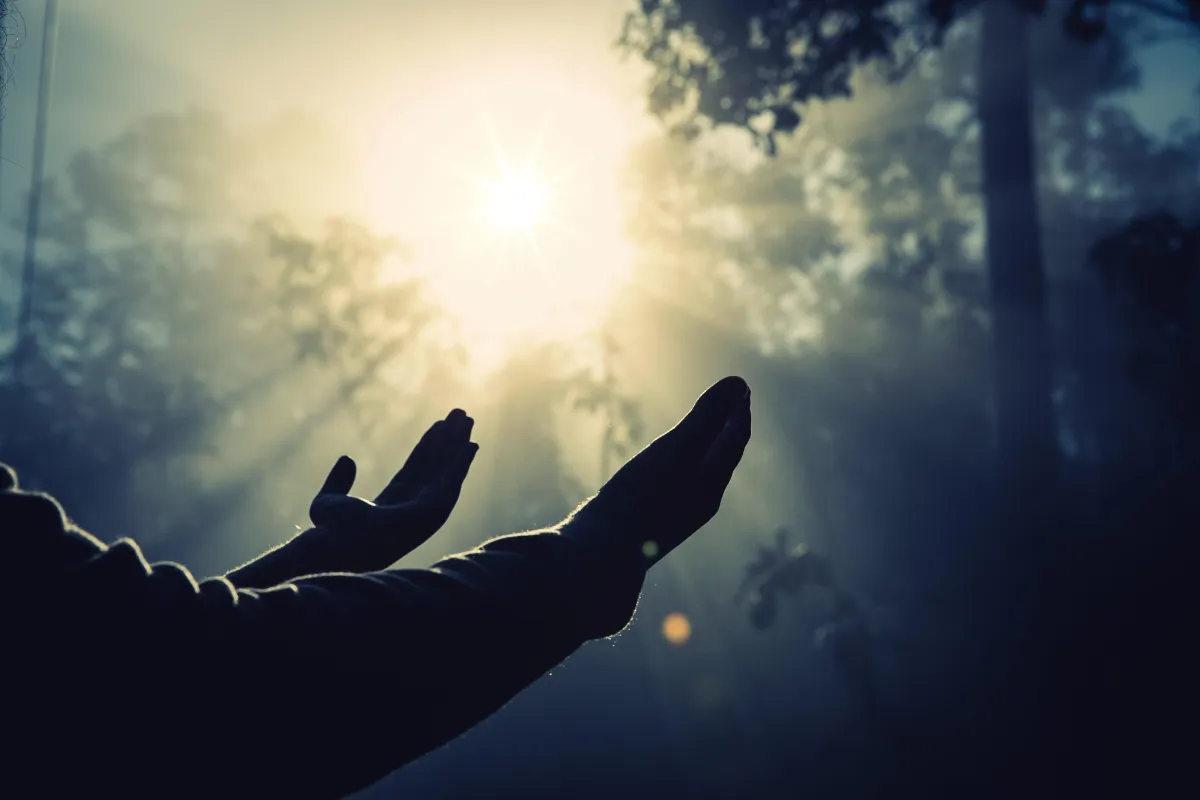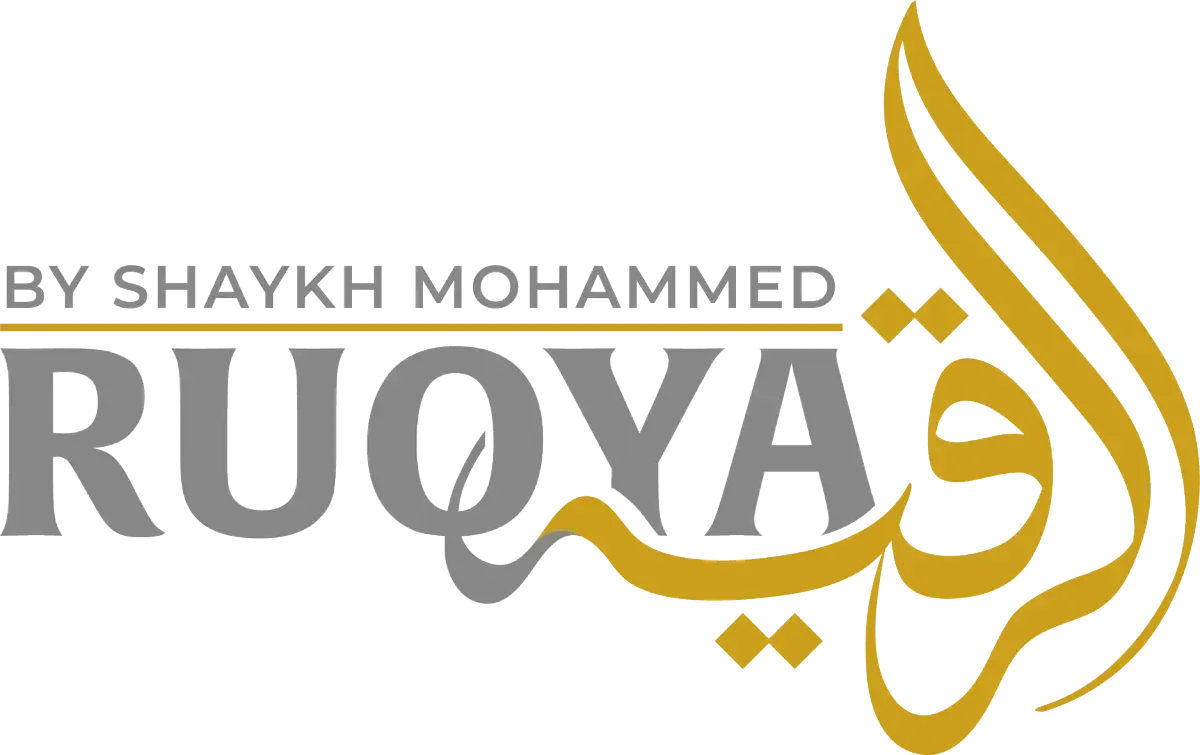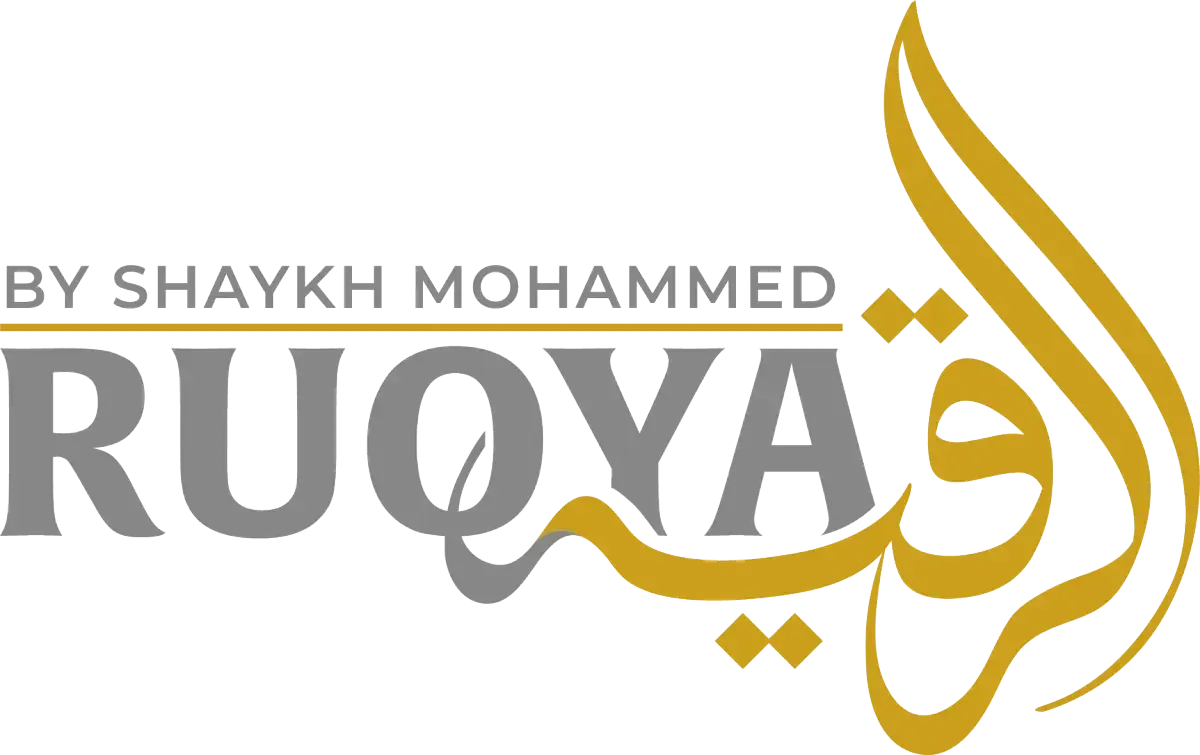
How to Perform Self-Ruqyah at Home – Complete Islamic Guide
Introduction: Why Learn Self-Ruqyah?
If you’ve been feeling anxious, spiritually heavy, or physically unwell without a clear medical cause, you may have wondered whether you’re affected by the evil eye (ayn), black magic (sihr), or jinn interference.
While professional Ruqyah from a qualified healer is often the best route, there is great benefit in learning self-Ruqyah—a Sunnah practice you can perform in the comfort of your home.
The Prophet Muhammad ﷺ would perform self-ruqyah using the Qur’an.
A’ishah (may Allah be pleased with her) reported:
“When Allah’s Messenger ﷺ fell ill, he recited over himself the Mu‘awwidhāt (Surah al-Falaq and Surah an-Nas) and blew over himself; when his pain intensified, I used to recite over him and rub him with his hand, hoping for its blessing.”
(Sahih Muslim, Kitāb as-Salām, Hadith 2192)
This guide will walk you through how to prepare, which verses to recite, and how to protect yourself spiritually, using only authentic methods from the Qur’an and Sunnah.
What Is Self-Ruqyah and When Should You Use It?
Self-Ruqyah is the act of reciting specific verses from the Qur’an and authentic supplications over yourself for healing and protection. It is used for:
Protection from the evil eye
Removal of black magic
Relief from jinn possession
Emotional and mental wellness
General protection and blessings
When to use it:
Persistent unexplained illnesses
Sudden changes in mood or personality
Nightmares or sleep disturbances
Feeling disconnected from worship
Excessive fear, anxiety, or depression without a medical cause
Note: Self-Ruqyah is a spiritual treatment. Medical issues should still be checked by a doctor.
Preparing for Self-Ruqyah
Before starting, follow these steps to prepare physically, mentally, and spiritually:
1. Purify Your Intentions (Niyyah)
Make the intention in your heart:
“I am performing Ruqyah seeking healing from Allah alone.”
2. Perform Wudhu (Ablution)
Being in a state of purity brings blessings and protection.
3. Choose a Clean, Quiet Space
A quiet room free from distractions is ideal.
4. Face the Qiblah
It is Sunnah to face the Qiblah while making du’a and reciting the Qur’an.
5. Burn or Diffuse Sunnah Fragrances (Optional)
Using black seed oil or olive oil on your body before Ruqyah is recommended in authentic narrations.
Step-by-Step Guide to Performing Self-Ruqyah
Step 1: Begin with Praise and Seeking Refuge
Recite Bismillah
Say A’udhu billahi min ash-shaytan ir-rajim (I seek refuge in Allah from the accursed shaytan).
Step 2: Recite Al-Fatiha
Arabic:
بِسْمِ اللَّهِ الرَّحْمَٰنِ الرَّحِيمِ
الْحَمْدُ لِلَّهِ رَبِّ الْعَالَمِينَ الرَّحْمَٰنِ الرَّحِيمِ مَالِكِ يَوْمِ الدِّينِ إِيَّاكَ نَعْبُدُ وَإِيَّاكَ نَسْتَعِينُ اهْدِنَا الصِّرَاطَ الْمُسْتَقِيمَ صِرَاطَ الَّذِينَ أَنْعَمْتَ عَلَيْهِمْ غَيْرِ الْمَغْضُوبِ عَلَيْهِمْ وَلَا الضَّالِّينَ
English:
In the name of Allah, the All-Merciful, the Very-Merciful.
All praise belongs to Allah, the Lord of all the worlds. The All-Merciful, the Very Merciful, the Master of the Day of Requital. You alone do we worship, and from You alone do we seek help. Take us on the straight path — the path of those on whom You have bestowed Your Grace, not of those who have incurred Your wrath, nor of those who have gone astray.
Step 3: Recite Ayat al-Kursi (Surah Al-Baqarah 2:255)
Arabic:
اللَّهُ لَا إِلَٰهَ إِلَّا هُوَ الْحَيُّ الْقَيُّومُ لَا تَأْخُذُهُ سِنَةٌ وَلَا نَوْمٌ ... (Full verse)
English:
Allah: There is no god but He, the Living, the All-Sustaining
Step 4: Recite the Last 2 Verses of Surah Al-Baqarah (2:285-286)
The Prophet ﷺ said:
“Whoever recites the last two verses of Surah Al-Baqarah at night, it will suffice him.” (Bukhari, Muslim)
Step 5: Recite the 3 Quls
Surah Al-Ikhlas (112)
Surah Al-Falaq (113)
Surah An-Naas (114)
Blow into your hands after reciting and wipe over your entire body.
Step 6: Make Du’a for Healing
Arabic:
اللَّهُمَّ رَبَّ النَّاسِ، أَذْهِبِ البَأْسَ، اشْفِ أَنْتَ الشَّافِي، لاَ شِفَاءَ إِلَّا شِفَاؤُكَ، شِفَاءً لاَ يُغَادِرُ سَقَمًا
English:
O Allah, Lord of mankind, remove the harm and heal, for You are the Healer. There is no healing except your healing, a healing which leaves no disease behind. (Bukhari, Muslim)
Common Mistakes to Avoid in Self-Ruqyahfaith and worship.
Relying on Ruqyah without improving personal faith and worship.
Using non-Islamic rituals or charms (haram practices).
Rushing the process, Ruqyah may take days or weeks.
Performing it without regular salah and remembrance.
When to Seek Professional Help
Self-Ruqyah is powerful, but in some cases, you should contact a qualified Ruqyah healer:
Violent or extreme reactions during recitation
Persistent nightmares or visions
Severe, unexplained physical pain
Hearing voices or experiencing blackouts
Book a professional Ruqyah session here for confidential, Shariah-compliant healing.
FAQs About Self-Ruqyah
Q1: Can I do Self-Ruqyah for someone else?
Yes, you can recite over others, especially family members, following the same steps.
Q2: How often should I perform Self-Ruqyah?
Daily if symptoms are strong, weekly for general protection.
Q3: Can women do Ruqyah during menstruation?
Yes, they may recite from memory and make du’a.
Q4: Do I need to understand Arabic for Ruqyah?
No, but understanding the meaning increases khushu’ and benefit.
Conclusion: Your First Step to Spiritual Healing
Self-Ruqyah is a gift from Allah—a Sunnah that empowers you to protect and heal yourself using His words. By learning it, you take responsibility for your spiritual well-being while placing full trust in Allah’s power.
If symptoms persist, don’t suffer in silence.
Book a Ruqyah session now and take the next step toward complete healing.





